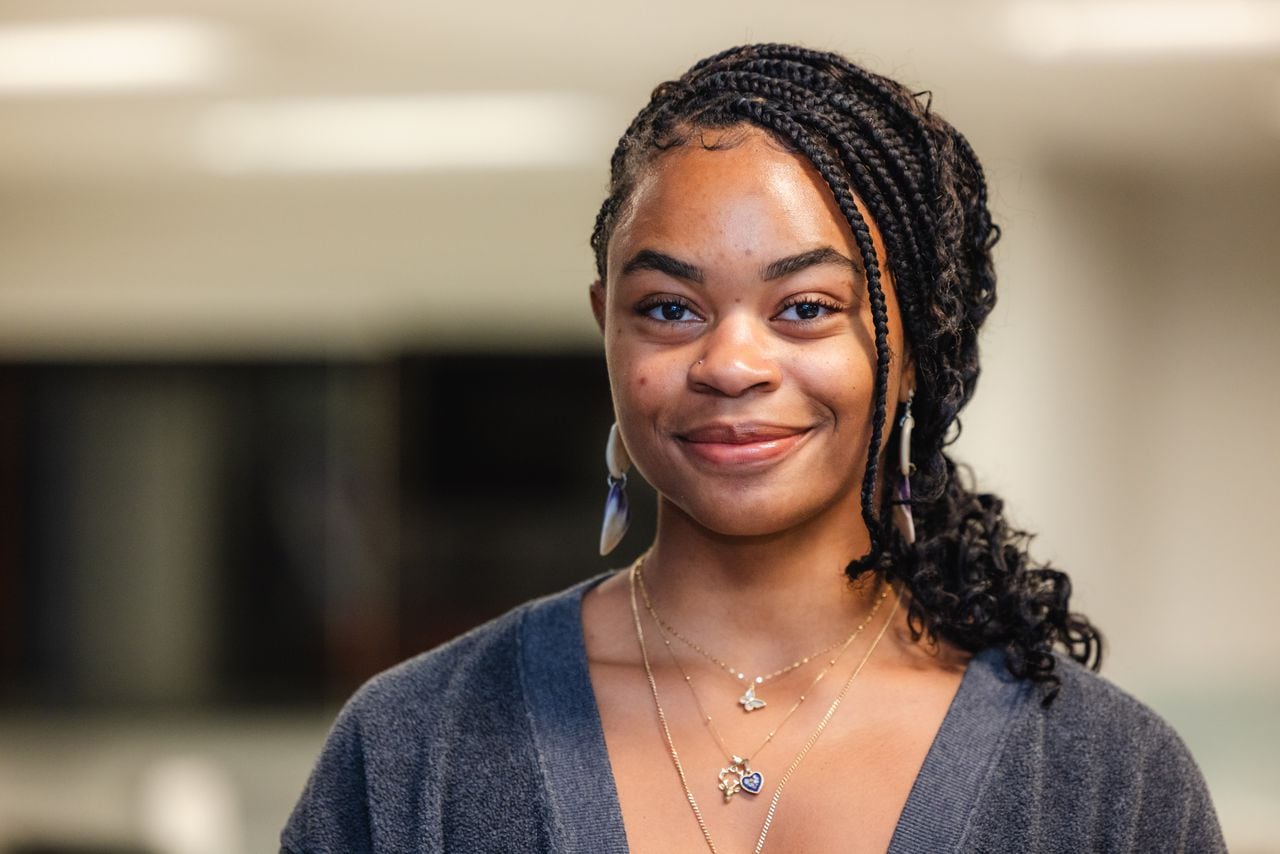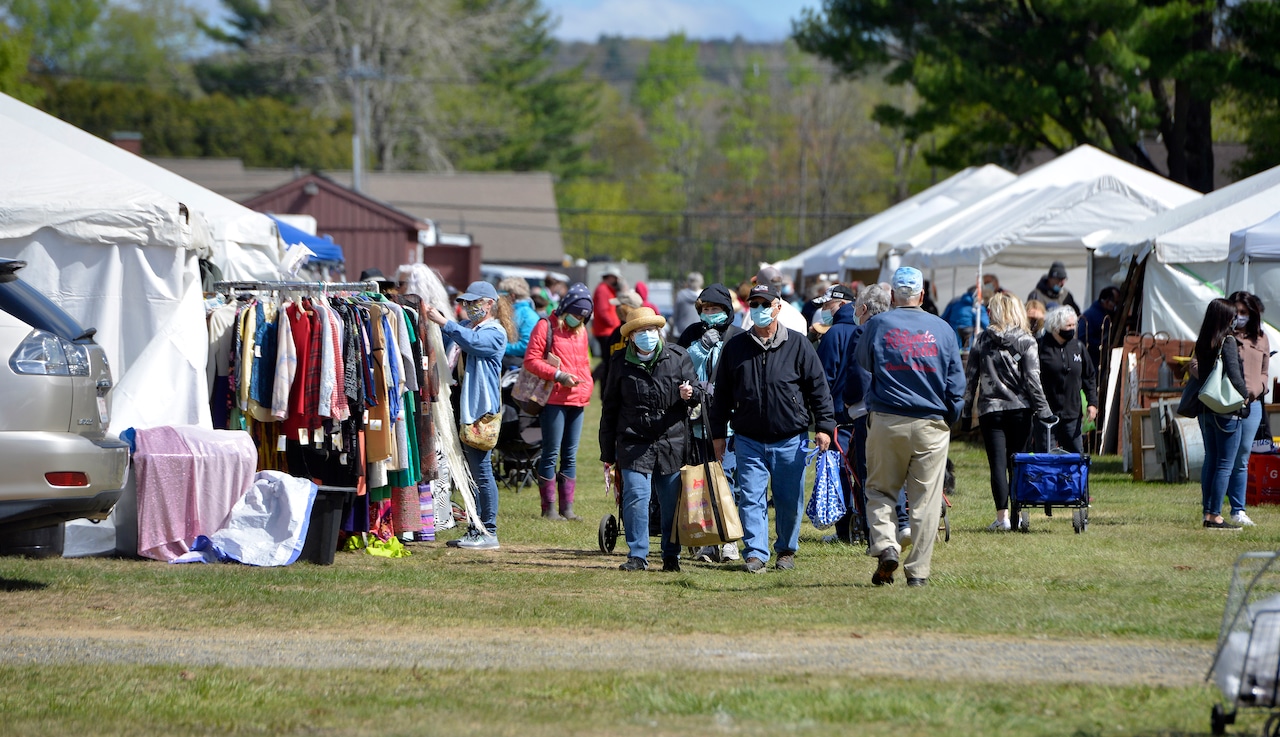In recognition of Native American Heritage Month in November, MassLive asked readers to identify people who are leaders from the Indigenous community throughout the state, working to make a difference in their own area of interest, be it politics, education, business or the arts.
MassLive will publish profiles of these leaders through November. These are people our readers have identified as inspirational, who may be doing good acts for their communities. They are being recognized for their accomplishments, leadership and commitment to inspire change.

Nia Holley, an environmental activist and food justice worker, is also a founder of Eastern Woodlands Rematriation. (Hoang ‘Leon’ Nguyen / The Republican)Leon Nguyen
Nia Holley
Age: 28
Community: Lives in Orange, works throughout Nipmuc territory in Central and Western Massachusetts
Her story: Nia Holley is an Indigenous woman on a quest to restore spiritual foundations through sustainable food and economic systems.
As an interdisciplinary artist Holley’s work is deeply influenced by what survival and healing look like within Black and Indigenous communities.
Holley’s work ranges from printmaking, ceramics, metal smithing, and traditional arts to bringing tribal communities together around food justice, agro-ecology, land, and history.
“My involvement in the Nipmuc community has been multifaceted, encompassing language reclamation work, archive preservation, and active participation in land rematriation efforts in Massachusetts,” Holley said.
Holley’s work in food sovereignty, land rematriation, art and culture has led her to cofound the Eastern Woodlands Rematriation also known as the EWR.
The EWR’s mission focused on initiating and sustaining community-led food and medicine projects across tribal communities in the Northeast, she said.
“This has involved building regional intertribal food hubs and facilitating training and learning exchanges to strengthen tribal economies, land stewardship, and food sovereignty,” Holley said.
Holley was born into this work and has been shaped by a deep connection to her “ninnimisinuonk and land,” she said.
“My mother has been active in Nipmuc community for decades, so it was natural to continue community work. As I got older and more active around food sovereignty, I found myself with a mentor, Kristen Wyman, our work together ultimately led to Eastern Woodlands Rematriation,” she said.
Rematriation is defined as Indigenous women-led work to reestablish sacred relationships between Indigenous people and ancestral land, in resistance of patriarchy.
With a bachelor’s degree in fine arts, Holley honed her creative skills while remaining actively involved in the Nipmuc community, where she was born into a legacy of cultural preservation and advocacy.
“My mentorship under (Wyman) has been instrumental in broadening my perspective and nurturing my passion for indigenous issues, particularly in the realms of food sovereignty and land rematriation,” Holley said.
In her words: “Plants and land have taught me so much about building relationships with other people/beings and thinking about what care in our communities can really look like. Land and plants can demonstrate the unknown in the constructs we are often forced to participate in.”
We’re always open to hear about more inspiring people. If you’d like to suggest someone else who should be recognized, please fill out this form.





